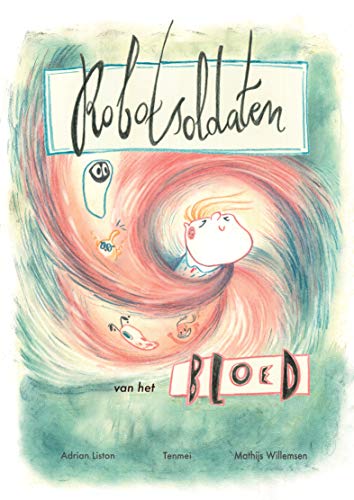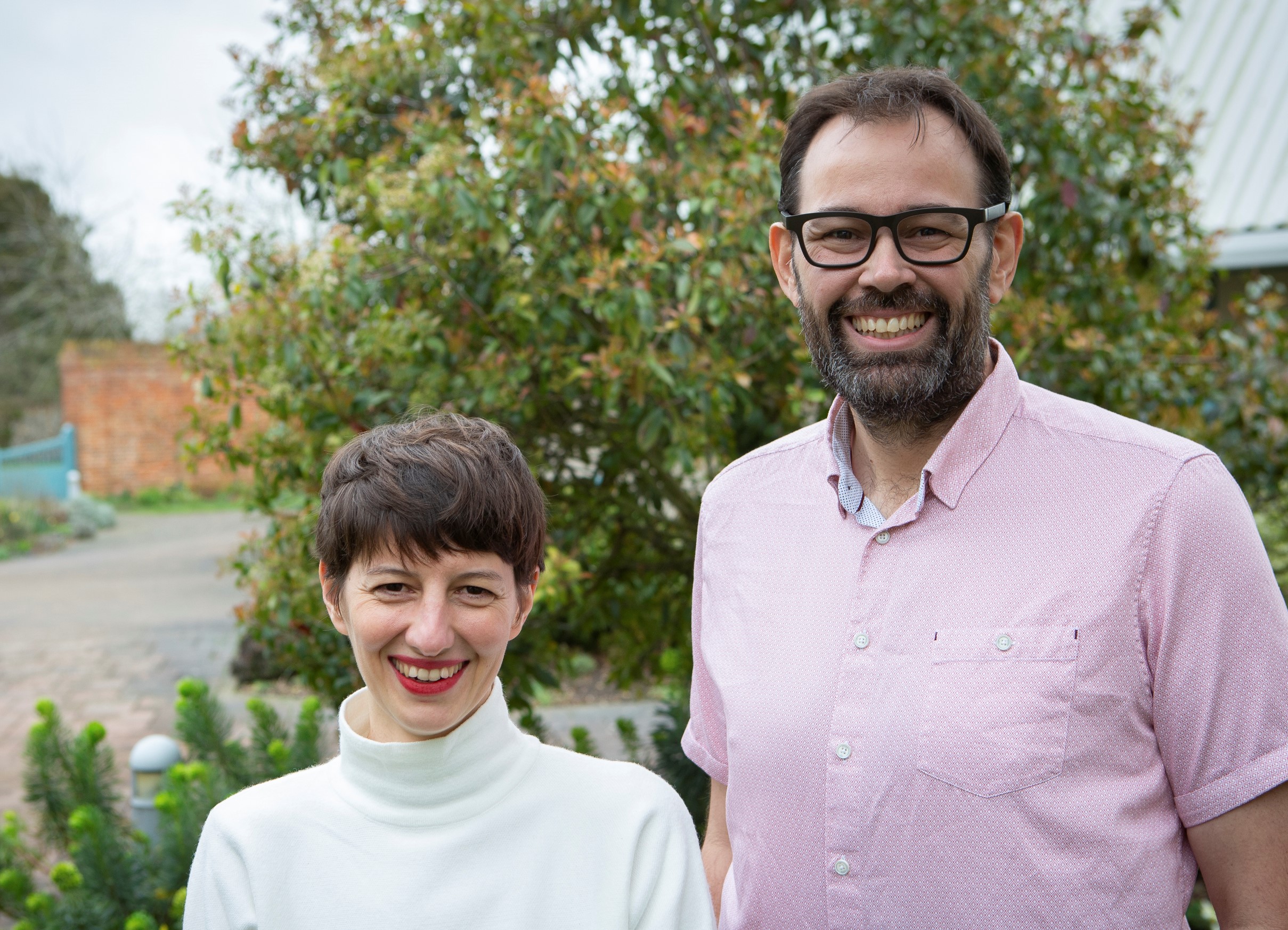The European funded research project EXIMIOUS sets out to unravel the connections between our immune system and the environment we are exposed to. The Liston lab is proud to be a member of the EXIMIOUS endeavour.
 Each and every day we experience environmental exposures of all kinds, from the air we breathe, the food we eat, the objects we touch, the honking traffic on our way home. Depending on our lifestyle, diet, work and social environments, we all experience a different and complex set of exposures throughout our lifetime. The combination of these, starting as early on as during conception and prenatal phases, during our entire lifetime is defined as the exposome.
Each and every day we experience environmental exposures of all kinds, from the air we breathe, the food we eat, the objects we touch, the honking traffic on our way home. Depending on our lifestyle, diet, work and social environments, we all experience a different and complex set of exposures throughout our lifetime. The combination of these, starting as early on as during conception and prenatal phases, during our entire lifetime is defined as the exposome.
The World Health Organisation has drawn attention to the fact that environmental exposures can contribute to the induction, development and progression of immune-mediated, non-communicable diseases, such as autoimmune diseases, allergic diseases and asthma. These are chronic disorders, in which our immune system plays a key role, but for which the underlying causes and prevention strategies are still uncertain. Today, immune-mediated, non-communicable diseases affect about 9% of the European population, with women being two to ten times more likely to suffer from autoimmune diseases than men. If the environment we live in also contributes to these diseases, it is important to know in which way and find a means of prevention.
As of 1 January 2020 the European funded Horizon 2020 research project EXIMIOUS has set out to unravel the connection between the exposome and the immunome (the genes and proteins that make up the immune system), to better understand the role of the environment in immune-mediated diseases. Coordinated by Prof. Peter Hoet from the Katholieke Universiteit Leuven, the 15 EXIMIOUS partners from 7 European countries will collect blood and urine samples from population groups of healthy individuals of different ages, and of patients affected by autoimmune diseases, as well as from population groups with different occupations, such as park workers and miners. This will allow the researchers to build an overview of how different groups of people experience different types of environmental exposures, and how these have an impact on their health. Ultimately, the research efforts of EXIMIOUS aim to provide greater well-being, reduced healthcare costs and improved preventive policies for our society.
“In the EXIMIOUS project, we study how environmental exposures can affect our immune system, possibly leading to a specific immune signature or ‘fingerprints’. We will use these fingerprints as early predictors of immune-mediated diseases,” says Prof. Hoet, who is eager to start working on the EXIMIOUS project with an international and multidisciplinary consortium of experts in immunology, toxicology, clinical medicine, environmental hygiene, epidemiology, bioinformatics and sensor development.
With the ambition and enthusiasm to bring better prevention and help safeguard the health of citizens in Europe and worldwide, the EXIMIOUS team kicked-off the project on 10 February 2020 in Leuven, with representatives of its 15 partners from 7 European countries.
EXIMIOUS is part of the European Human Exposome Network, a joint venture that brings together nine research projects consisting of 126 partners in the largest exposome network worldwide. The EU has committed 106 million euro in funding towards the European Human Exposome Network. On 11 February 2020 in Brussels, EXIMIOUS and its collaborating projects ATHLETE, EPHOR, EQUAL-LIFE, EXPANSE, HEAP, HEDIMED, LONGITOOLS and REMEDIA gave voice to their commitment to work together towards a better and healthier future.
To keep up-to-date on EXIMIOUS’ progress follow @EXIMIOUS_H2020 on Twitter.
About EXIMIOUS The EXIMIOUS project has received funding from the European Union’s Horizon 2020 research and innovation programme under Grant Agreement No 874707. It is a five-year Research and Innovation Action (RIA) that officially started in January 2020 and will end in December 2024. It involves fifteen project partners from seven European countries and has a budget of 10.8 million euro.
 Saturday, March 28, 2020 at 11:43AM
Saturday, March 28, 2020 at 11:43AM 
 science communication
science communication 













